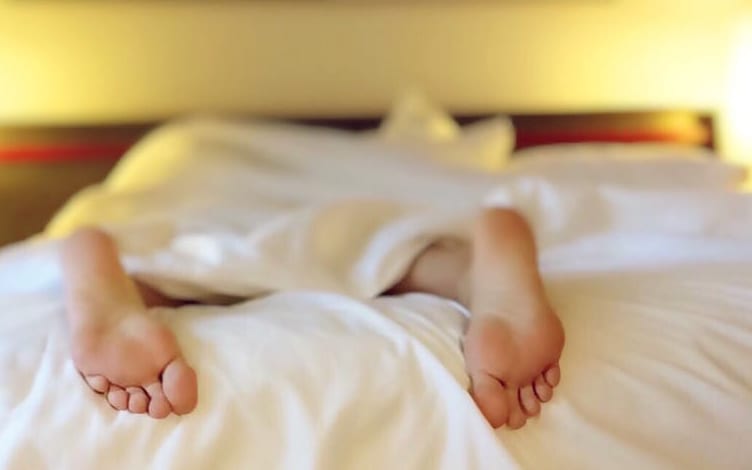Some of us get eight hours sleep a night - for others, the twilight hours involve a lot of tossing, turning and worrying then feeling dreadful in the morning.
Ron Grunstein is professor of sleep medicine at the University of Sydney.

Photo: pexels
He has delved into a variety of sleep disorders - and the consequences lack of sleep can have for health, wealth and happiness.
So what is a good night's sleep?
"One of the most important factors is how people feel during the day. There's a whole science related to what gives you good quality sleep.
"There's a lot of people who say 'Oh I get by on four hours.'' Does 'get by' mean they function well during the day? Do they do well in reaction time tests, can they solve complex questions?"
The number of people who manage on a few hours of sleep is fairly small, he says.
"They're often people who misperceive their sleep length, they get a lot longer, or for whatever reason they're trying to big-note themselves."
When it comes to sleep, we can be our own worst enemies.
"The commonest problem is voluntary sleep restriction - people who just don't get enough sleep because they prioritise work or social life over sleep."
As a result, many of us develop a form of insomnia disorder.
"People who can't get off to sleep, people who can't stay asleep, people who wake up early… People with shift work often have sleep problems."
The brain needs sleep to recover from the day's exertions, he says.
"It is just trying to basically rest and detoxify itself. During the day we're thinking, the brain is being active, we're building up toxic metabolites which we now know are cleared out preferentially during sleep."
However, as a society we are becoming "sleep anxious", he says, and bad sleep is a big business, whether it be cures or expensive mattresses and pillows.
The majority of people do manage to get the rest they need without elaborate or expensive interventions.
"Are we creating a generation of sleep anxious people? By this inordinate emphasis you must do this you must do that. For the vast majority of people sleep is not a big issue."
One form of sleep disorder which occurs mainly among older people can give early warning of neurological diseases such as Parkinson's.
People with REM Sleep Behaviour Disorder act out their dreams.
"When most of us are dreaming our body's in a state of relative paralysis, so we don't kick or run. If [a person with REM Sleep Behaviour Disorder] is in bed with someone else they can punch them, push them away, make a noise, they can sing...
"If you have it in isolation there is 70 percent chance you'll develop Parkinson's over the next 15 years."

